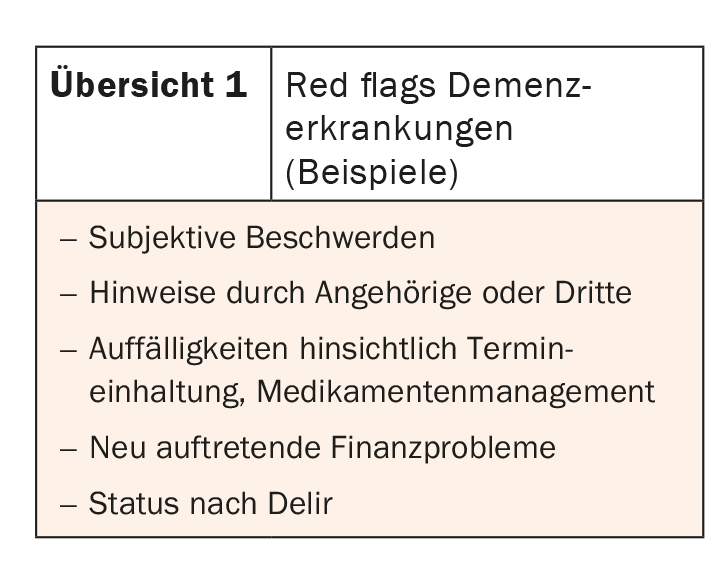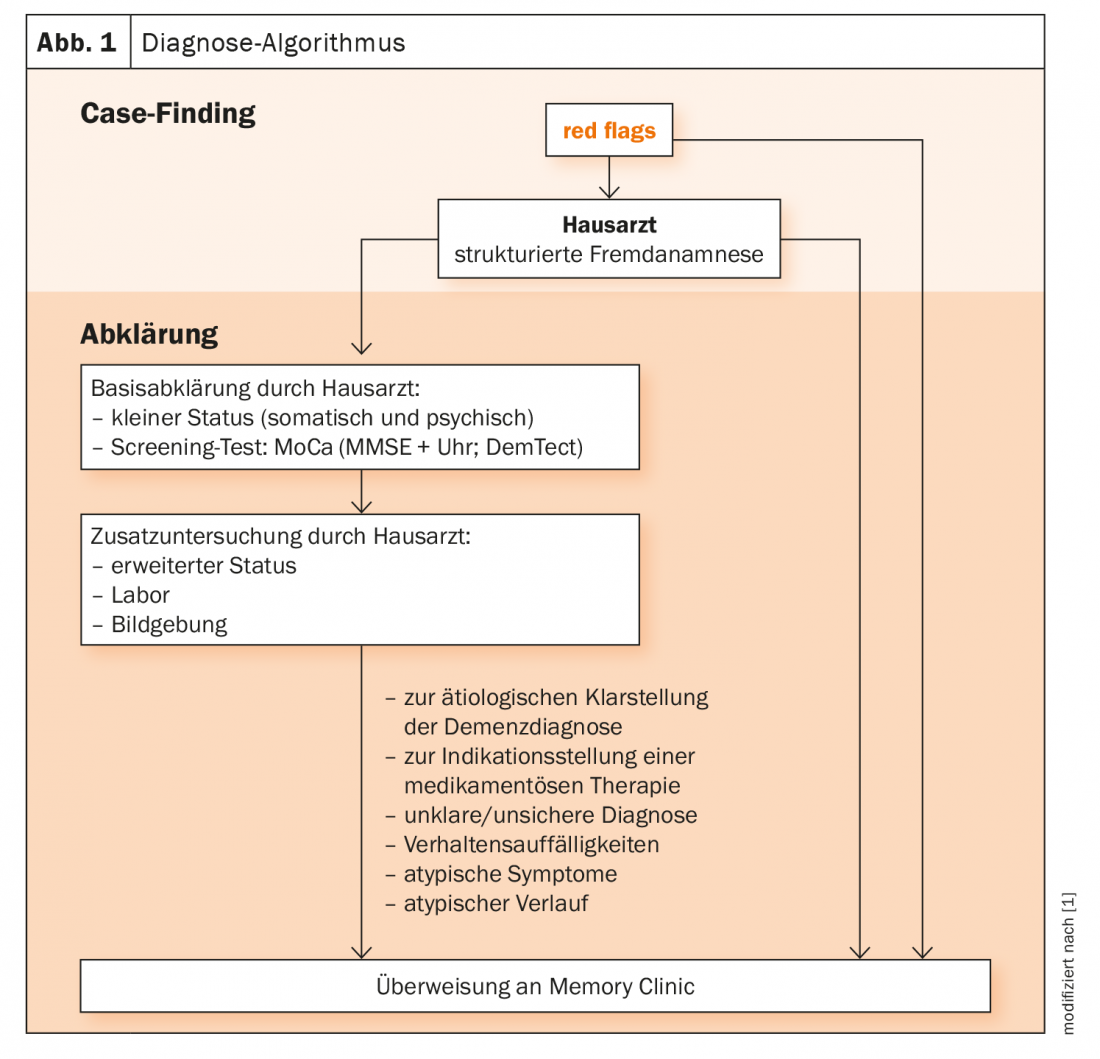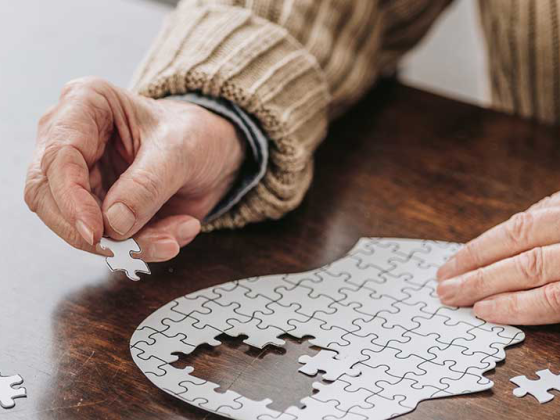The first signs of dementia are often not recognized, because the changes in the brain occur gradually. Often, a depressive episode also masks the actual symptoms. However, in order to preserve memory performance for as long as possible and thus also stabilize everyday functions, early diagnosis is required – so that treatment management can take effect in good time.
When dementia is diagnosed, it’s a shock at first – for everyone involved. Because in the end, no one knows where the journey will lead. In addition, there is a close link to depression, so that it is not really clear whether depression is a risk factor for dementia, perhaps even a prodromal symptom, or whether depression should rather be seen as a consequence of dementia. Various studies have attempted to find answers to these questions. A follow-up study over a 28-year period concluded that depressive episodes occurring early in the study did not increase the risk of dementia, reported Irene Bopp-Kistler, MD, Zurich. However, depression as a prodromal symptom of dementia should not be disregarded in everyday practice – although the differential diagnosis is difficult, especially in the case of listlessness. Therefore, above all, the anamnesis is of crucial importance, according to the expert.

Ways to find the diagnosis
In addition to subjective cognitive impairment, although this need not always represent a dementia risk, behavioral changes and problems in Advanced Activities of Daily Living (AADL) may provide initial clues. In addition, there are then reports of decline in instrumented daily functions (IDAL). These include, for example, dealing with finances, shopping, cooking, perceiving the events of the day, reading, keeping appointments, taking medications, or riding public transportation. In the further course, problems with the basal activities of daily living (BADL) then also occur (overview 1). The first impressions should then be supplemented by a BrainCheck or IQCODE survey. In addition, the Montreal Cognitive Assessment (MoCA) is recommended. The MMSE, on the other hand, is not sensitive enough for detecting early stages, the expert explained. This should then be supplemented by the watch test. In Switzerland, the DemTect is also commonly used. Additional examination by imaging should include a dementia protocol, i.e., special imaging of the mesiotemporal structures) (Fig. 1) .

The severity of dementia ultimately depends on everyday functions. Mild dementia exists when instrumented skills decline, moderate dementia exists when there are BADL problems such as feeding or dressing, and severe dementia exists when the patient is completely dependent on external assistance.
Danger recognized, danger averted – or at least delayed
Timely diagnosis is of great importance as conflicts in the relationship and family can be avoided, a better understanding of the problems can be built and timely decision making regarding the future can be made. These include wishes with regard to care, a living will, but also the arrangement of finances. In addition, early diagnosis also paves the way to comprehensive treatment management. This often allows those affected a longer period of time in which they can still live independently. Different measures are aimed at improving or at least partially stabilizing symptoms and everyday abilities. Therapy is built on three pillars: treatment of correctable causes such as vitamin deficiency or hypothyroidism, non-drug interventions such as brain performance training or occupational therapy, and drug interventions. To date, there are few medications approved to treat the main symptoms of dementia. In Alzheimer’s dementia, antidementia drugs are primarily used. These can alleviate memory impairment, helping to improve daily living skills. Cholinesterase inhibitors are used in mild to moderate Alzheimer’s dementia and inhibit the breakdown of acetylcholine. A glutamate antagonist is available for moderate to severe disease. It counteracts excessive glutamate release. Herbal preparations based on Ginkgo biloba play a special role. They promote blood flow in the brain and can assist with mild Alzheimer’s or vascular dementia, as well as mixed forms.
Congress: FomF Update Refresher
Source:
- Bürge M, et al: Practice 2018; 107:435-451.
InFo NEUROLOGY & PSYCHIATRY 2021; 19(4): 30-31 (published 8/21, ahead of print).











